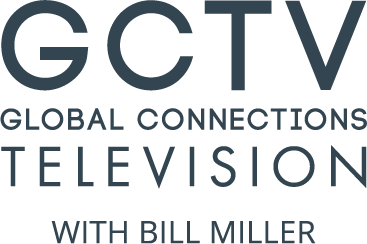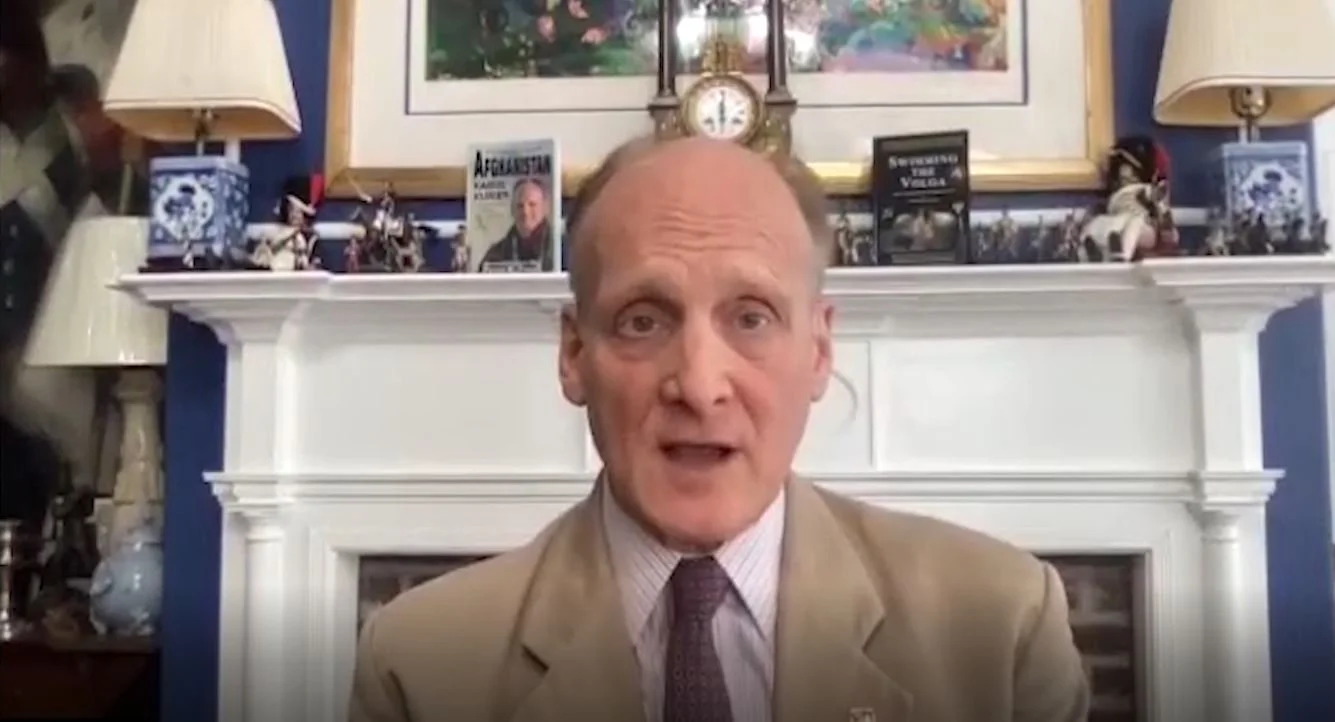Kevin Cassidy, Director and Representative to the Bretton Woods and Multilateral Organizations of the UN’s International Labour Office for the US in Washington, DC., discusses the role of the ILO, which was created in 1919, in developing international standards, rights at work, employment and income opportunities, social protection, social dialogue and tripartite consultations with workers, employers and governments. He emphasized the importance of the Dignity of Work concept. Major trends in the work arena are climate change, Green Economy and clean energy. A “just transition” is imperative for all of the participants. Pay equity, violence and harassment and child care are the main impediments to women in the workforce. By incorporating the new approaches, it is possible to create an additional 100 million jobs and generate $26 trillion by 2030. The United Nations Sustainable Development Goals (SDGs) and 169 targets are critical to preserve planet Earth and make it more habitable by eliminating poverty, overcoming hunger, empowering women and girls and combating climate change, just to mention a few.
GCTV explores and covers diverse world issues such as hunger, poverty, security, economic development, energy, world health, migration, war, human rights, tolerance and international trade.




















